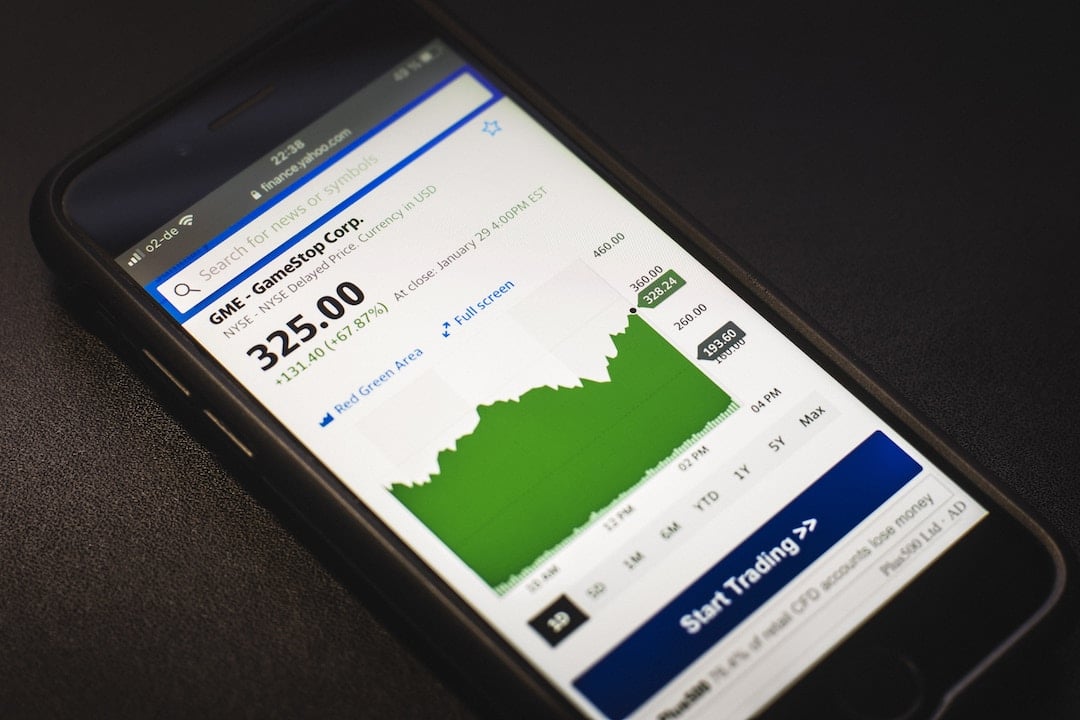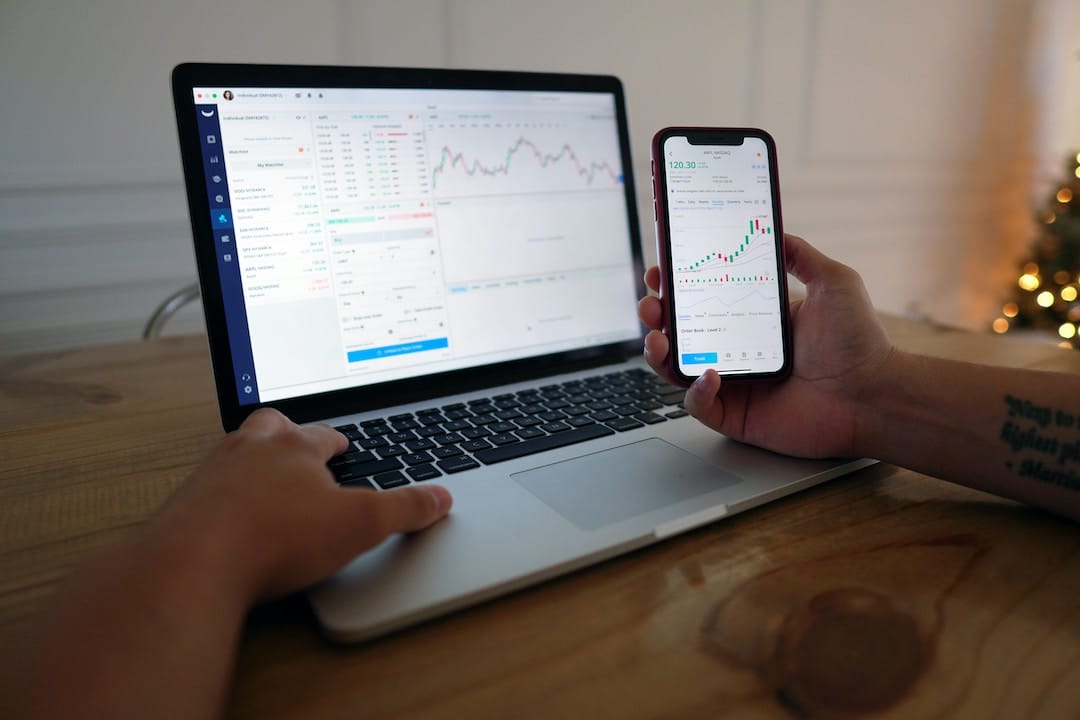Social media has crept into every aspect of our lives, including the financial markets.
One of many trends is “meme stocks,” a term that refers to companies whose stock prices are influenced by social media buzz rather than traditional financial metrics.
These viral investments have captured amateur and professional investors’ attention, leading to substantial profits for some and notable losses for others.
Let’s look at the phenomenon of meme stocks and see how it’s possible to potentially profit from social media hype.
What is meme stock?
The term “meme stock” derives from the concept of an internet meme, a piece of viral content shared widely across social media platforms.
In finance, a meme stock is a company whose share price experiences sudden and significant growth, driven primarily by social media attention and retail investor interest.
While meme stocks are not a new phenomenon, they gained mainstream recognition in early 2021 when a group of Reddit users on the “Wall Street Bets” forum initiated a coordinated effort to drive up the stock prices of struggling companies, such as GameStop and AMC Entertainment.
This resulted in a short squeeze, causing significant losses for short sellers and creating enormous gains for some retail investors.
GameStop investor Ryan Cohen paid US$76 million for a 13 percent stake in GameStop in 2020. This increased in value to more than US$1.3 billion when GameStop’s shares spiked in January 2021.
According to the World Economic Forum, “social sentiment is a big factor in driving the popularity of meme stock – as opposed to focusing on economic or corporate performance.”
Further, “Stock markets are much gloomier than in January 2021, and most meme stocks have dropped sharply from their highs.”
Navigating the volatile world of meme stocks
Be warned: meme stocks are inherently volatile and can experience wild price swings in a short period. This volatility is often fuelled by factors such as social media-driven hype, investor sentiment and market speculation, making it difficult to predict their performance using traditional investment strategies.
Here are a few tips to help you navigate this high-risk, high-reward territory:
Stay informed: Meme stocks often gain momentum quickly, so it’s essential to keep your finger on the pulse of social media platforms and online forums where these discussions occur. If you stay fully informed, you’ll be better positioned to identify potential meme stocks before they skyrocket, and capitalise on their growth.
Set a clear investment strategy: Due to the unpredictable nature of meme stocks, it’s a good idea to establish a well-defined investment strategy with precise entry and exit points. This could involve setting stop-loss orders to protect your capital, taking profits at predetermined levels, or employing a mix of both.
Diversify your portfolio: To mitigate the risks associated with meme stocks, consider diversifying your investment portfolio by allocating only a small percentage of your capital to these volatile assets. This way, you can benefit from potential gains while limiting your exposure to significant losses.
Keep emotions in check: Meme stocks can evoke strong emotions among investors, with some getting caught up in fear of missing out (FOMO) or holding onto losing positions in the hope of a turnaround. To avoid making impulsive decisions, maintain a disciplined approach and stick to your investment plan.
Be prepared for volatility: Meme stocks are known for their price swings, so be prepared for potential losses and gains in a short period. This means having a risk management strategy and being ready to adjust your positions as needed.
The role of social media
The rise of meme stocks has highlighted the growing influence of social media on financial markets. Platforms like TikTok, Instagram, Reddit and Twitter have allowed retail investors to band together and significantly influence stock prices. In this landscape, investors must be aware of the conversations happening online.
It’s also essential to approach social media-sourced investment advice with caution. The anonymity of these platforms can enable market manipulation and the spread of misinformation, so it’s crucial to conduct thorough research and verify any claims before making investment decisions.
As the intersection of social media and finance continues to reshape the investment landscape, staying informed, embracing change, and exercising sound judgment will be crucial for organisations to chart a strategic course through this exciting new frontier.
Read more about how digitisation is impacting banking along with other industries here.




